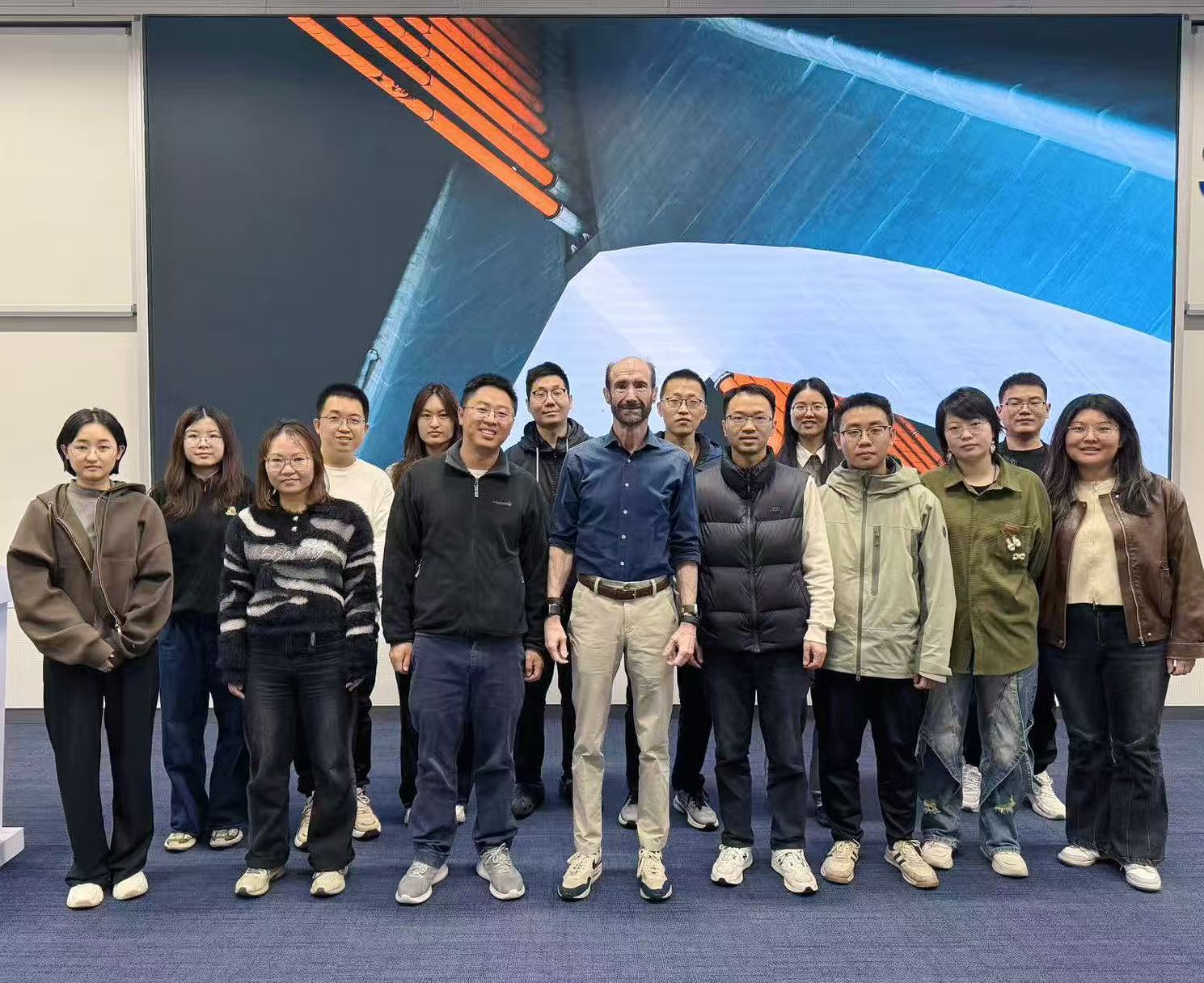
Group Photo

Cover Portfolio

Shenzhen Bay Laboratory
Our lab is focused on developing and applying robust bioinformatics methods to large-scale, high-throughput, multi-dimensional Genomics, Epigenomics, and Transcriptomics data with the main emphasis on elucidating and understanding human disease progression and development, which is further expected to translate to public health practice.

Our computational method MAAS has finally been accepted by Genome Medicine. MAAS enables flexible and sensitive identification of clinically relevant tumor subpopulations using a single scATAC-seq assay.

Congratulations to Dr. Xudong Zou in our team for receiving the General Grant of the National Natural Science Foundation of China. This grant will support him to develop computational method for RNA-seq data.

Congratulations to our postdoctoral associate Dr. Ting Zhang, who has been recevied the Prestigious 2025 ASHG Trainee Research Excellence Award – Postdoctoral Semifinalist. This year’s competition was exceptionally competitive, with more than 800 applicants, from which only 42 semifinalists were chosen. We are also proud to share that our student Hui has been awarded the ASHG Travel Award. Cheers!

We have two abstracts been ACCEPTED as platform (oral) presentations at the ASHG 2025 Annual Meeting in Boston. There are less than 10% of abstracts can be selected as oral presentations. Also Dr. Li was invited to moderate a platform session on Computational Tools for Precision Therapeutics at ASHG. Cheers.

Dr. Li was invited to give a talk at Harvard Medical School and the International Conference on Intelligent Biology and Medicine (ICIBM).

Congratulations that our collaborative work with Dr. Mireya Plass has been accepted in principle by Nature Communications. Our study reveals a novel computational method SCALPEL that can accurately quantification of transcript isoforms at the single-cell level.

Professor Michael Snyder, Chair of the Department of Genetics at Stanford University School of Medicine, visited our Lab and delivered a great presentation about precision medicine. Prof. Snyder also had a nice discussions with our lab trainees.

Congratulations to our trainee, Dr. Zeyang Wang, starting his independent lab as an Associate Professor at Hainan Medical University! He is the third independent faculty member from our lab. Cheers!

Congratulations that our collaborative work with Dr. Yongsheng Shi has been accepted in principle by Molecular Cell. Our study reveals a novel "nuclear RNA degradation code" that triggers PAXT-mediated RNA decay.